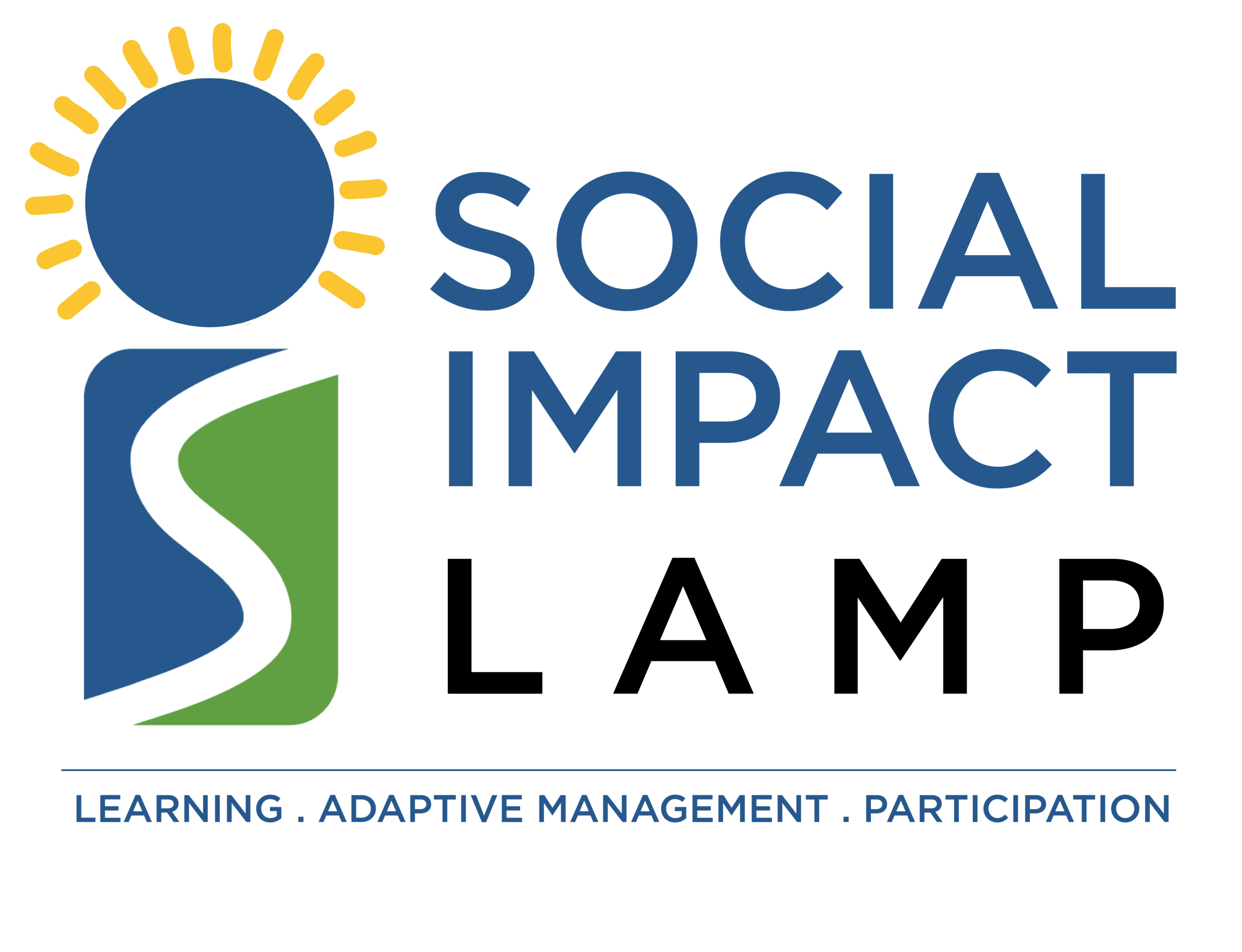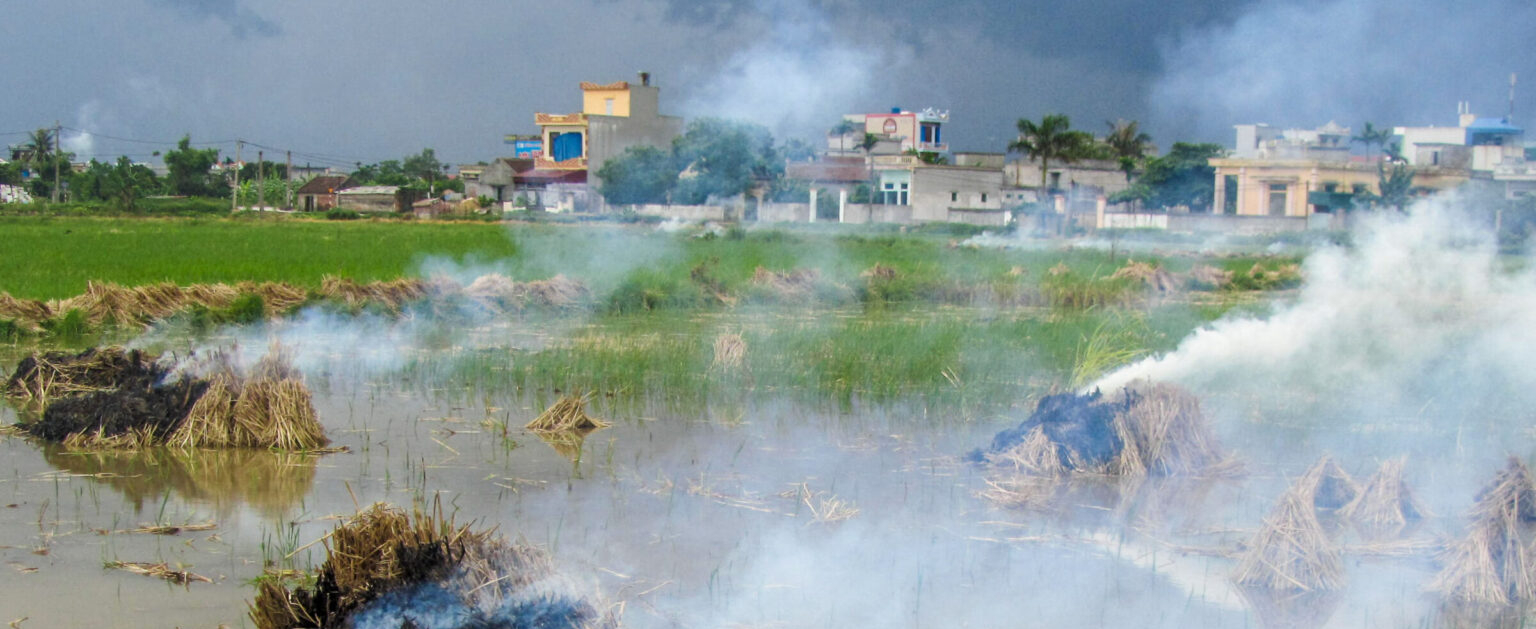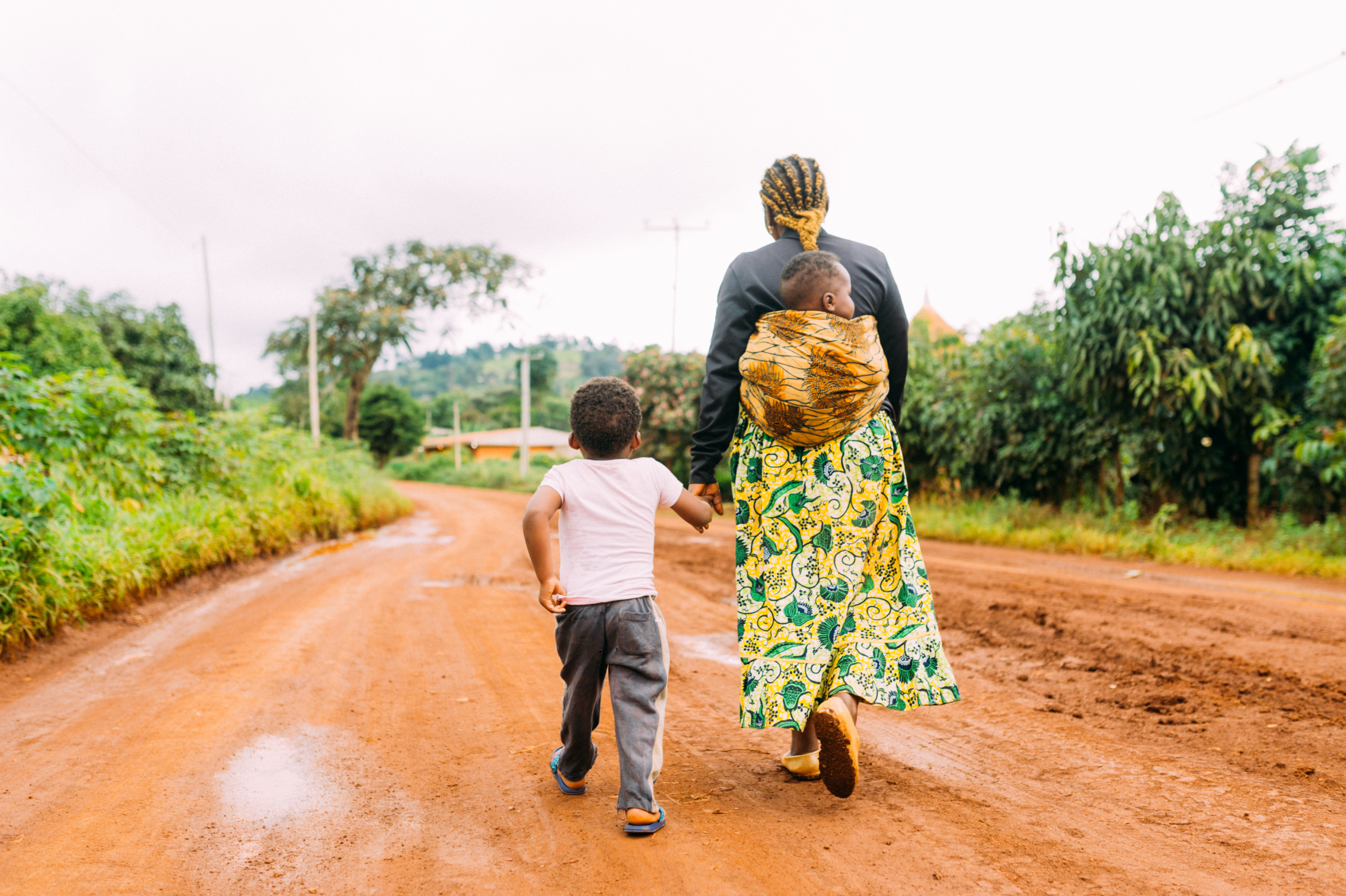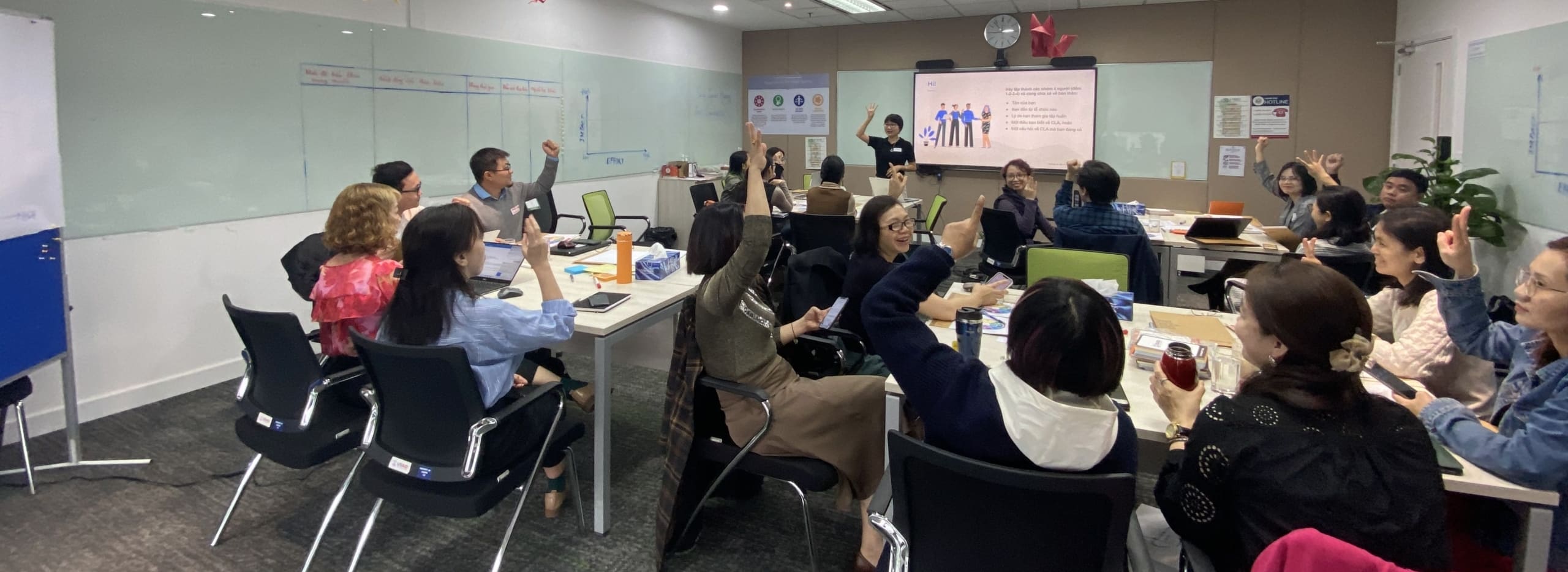USAID recently announced the winners and finalists of the 2021 CLA Case Competition which recognizes projects that excel in the application of collaborating, learning, and adapting (CLA) principles. Social Impact is incredibly proud to have been awarded in both categories. SI’s Developmental Evaluation (DE) for USAID/Indonesia’s Jalin project was chosen as one of the seven winners, and our Vietnam Learns project for USAID/Vietnam was selected as one of the twenty finalists. SI’s projects represent two out of 80 entries from projects across 71 countries. Congratulations to both teams and the authors of the submissions including SI’s Chris Thompson, Monalisa Salib, Carla Trippe, and USAID’s Cristina Fentross, Aaron Brownell, Dung Pham Thi Le, Giang Tong Le, and Bruce Gelband.
See below for a description of the two projects awarded in the 2021 CLA Case Competition.
Winner – Learning & Innovating in Complex Situations: Maternal and Newborn Health in Indonesia
USAID/Indonesia’s Jalin activity was designed to co-create and test innovations to improve maternal and newborn health (MNH) outcomes. Because of the dynamic socio-economic factors that influence MNH, USAID paired Jalin with a DE, a type of evaluation designed to work with complex challenges and unpredictability.
The DE used a variety of CLA strategies. For example, stakeholder feedback was used to strengthen external collaboration and inform decisions by USAID, the Ministry of Health (MOH), and Jalin about which MNH innovations to test and then later which to replicate and scale. The DE’s ability to provide real time input from over 350 subnational stakeholders in six provinces proved crucial in determining which innovations had the local ownership and uptake necessary to leverage change at scale. As a result, 72 potential solutions were narrowed down to eight innovations with demonstrated causal pathways to reduce mortality, which the MOH and its partners are now replicating and scaling nationally.
Enhanced external collaboration broadened USAID/Indonesia’s relationships, while stakeholder involvement in decision-making focused the process on where assistance would be most effective. The application of CLA strategies helped USAID, MOH, and their partners to select, replicate, and scale innovations with high potential to improve MNH outcomes in Indonesia.
Read more here.
Finalist – Made in Vietnam: From Bureaucratic Standstill to Diplomatic Breakthrough
Vietnamese regulation requires all donor assistance to obtain project approval from a relevant Government of Vietnam counterpart. Despite a strong U.S.-Vietnam bilateral relationship, USAID and its implementing partners experience substantial delays in obtaining project approval, which delays critical implementation and reduces overall program impact.
To inform adaptation with evidence, USAID commissioned a study to understand where implementing partners are facing the biggest challenges in the approval process. USAID and USAID Learns built targeted CLA approaches into the study process to increase the likelihood of utilization and organizational change. USAID Learns held a validation event with USAID and implementing partners to collectively make sense of the study results. The feedback informed a series of practical interactive tools, including handouts and an animation video that highlighted how to better collaborate with the Government of Vietnam. The Mission then held a utilization workshop to help USAID staff incorporate recommendations throughout the Program Cycle. As a result of these conversations, the Program Office updated the Mission Order and design process, and the Office of Acquisition and Assistance instituted a new protocol to better align awards and Government of Vietnam priorities, with five co-creation processes currently underway.
The application of CLA methods shifted the culture of how USAID engages the Government of Vietnam across its Program Cycle, moving from perfunctory to mutuality. The new Mission design process is systematically integrating stakeholder voices into designs, ensuring that the Government of Vietnam is on board. This ultimately means that USAID can undo some of the downstream effects of delayed project approval and achieve greater program impact.
Read more here.
Congratulations to our winning and finalist project teams for their exemplary work implementing CLA to make development more effective. Thanks also to SI’s Learning, Adaptive Management, and Participation (LAMP) group for their support.
Photo Credit: Oscar Siagian, USAID Jalin









